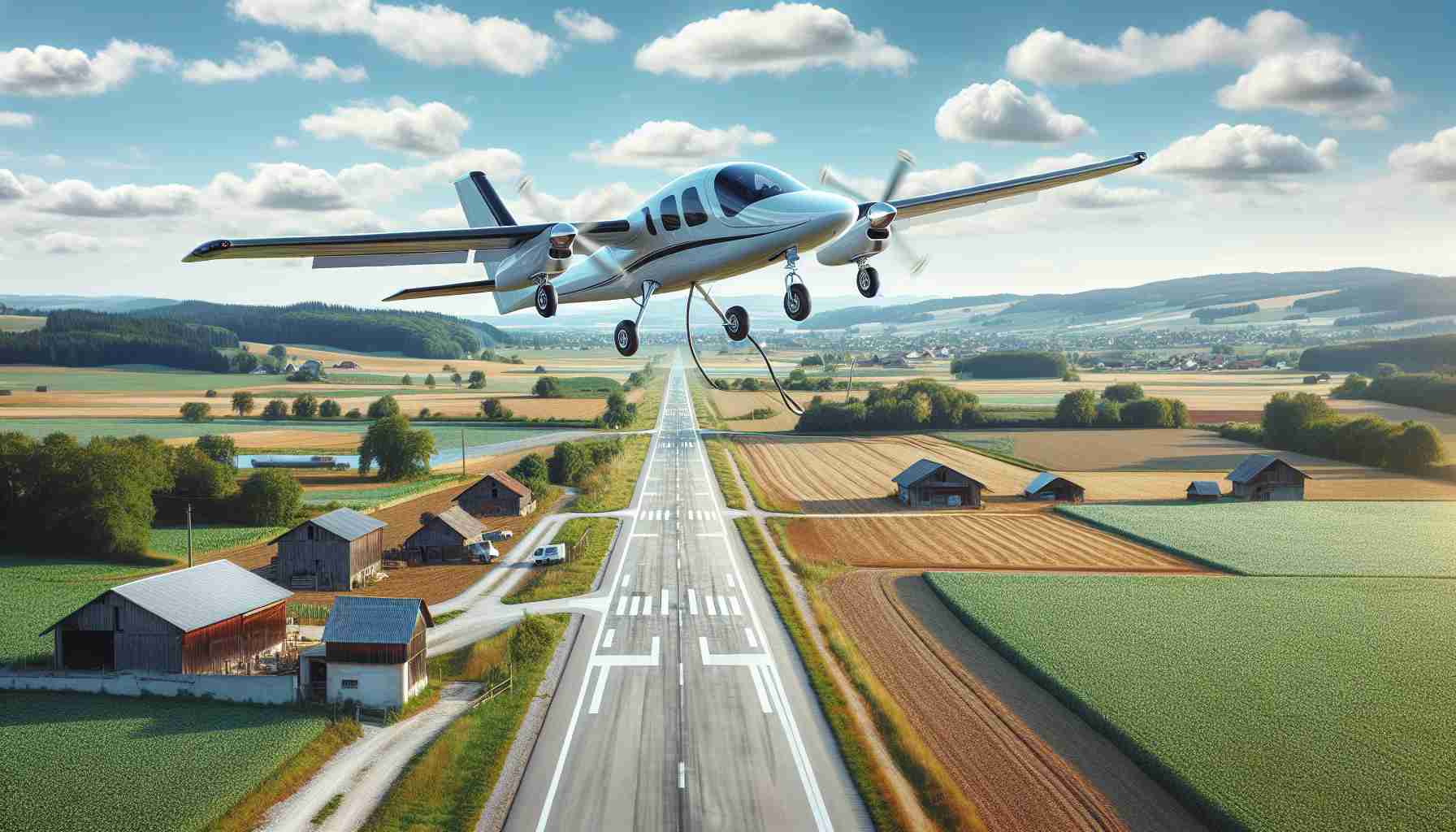A Novel Approach to Rural Health
Instead of focusing solely on urban air mobility, one company is breaking boundaries by revolutionizing rural access with electric aviation technology. By utilizing electric planes to enhance health services in remote regions, the company aims to lower costs and improve disaster response preparedness.
Diversifying Aviation Services
Going beyond traditional passenger transport, the company has partnered with various organizations to extend services to underserved communities. For instance, collaborating with Air New Zealand to transport mail to rural areas serves as a stepping stone for future passenger flights, ensuring safe, reliable, and cost-effective travel options.
Innovative Production Strategy
With a vision to produce 300 electric planes annually, the company prioritizes FAA certification and efficient manufacturing processes. By incorporating lessons from its initial aircraft build, the team refines systems for increased productivity and quality, laying the foundation for future aircraft models.
A Vision for the Future
While embracing fixed-wing aircraft as a starting point, the company remains committed to developing vertical takeoff and landing models. By identifying market demands for quiet, reliable, and affordable air travel, the company aims to cater to diverse aviation needs while maintaining a sustainable approach.
Expanding Reach to Remote Regions
Taking a leap forward in enhancing rural air access, the company has not only focused on health services but also addressed challenges in delivering essential goods and services to isolated communities. By incorporating electric aviation technology, the scope has expanded to include not just passenger transport but also vital cargo delivery to areas where traditional transportation means are limited.
Empowering Local Economies
One of the key questions that arise in the context of revolutionizing rural air access is how these technological advancements impact the local economies of remote regions. Will the introduction of electric aviation services lead to increased economic opportunities, employment generation, and overall growth in these areas? The ability of electric aviation to connect these regions to larger markets might potentially transform local economies and encourage investment and development.
Environmental Considerations
An important question surrounding the shift towards electric aviation in rural areas concerns the environmental impact compared to conventional aircraft. What are the environmental advantages of using electric planes in these regions, and how does it contribute to sustainability efforts? While electric aviation tends to be cleaner and quieter than traditional aircraft, further research could focus on quantifying the carbon footprint reduction and overall environmental benefits of such technology.
Challenges and Controversies
One of the main challenges associated with revolutionizing rural air access with electric aviation is the infrastructure required to support this transition. Developing charging stations, maintenance facilities, and adequate training for personnel in remote regions can be logistically complex and costly. Additionally, concerns regarding battery technology, range limitations, and scalability of electric aircraft pose obstacles that need to be addressed for widespread adoption in rural areas.
Advantages and Disadvantages
The advantages of electric aviation in rural air access include lower operating costs, reduced carbon emissions, and quieter flights, which can benefit both the environment and local communities. However, disadvantages such as limited range, initial high costs of electric planes, and infrastructure challenges may hinder rapid deployment and accessibility in remote regions.
For more insights on the advancements in electric aviation and rural air access, visit Aviation Today.

















